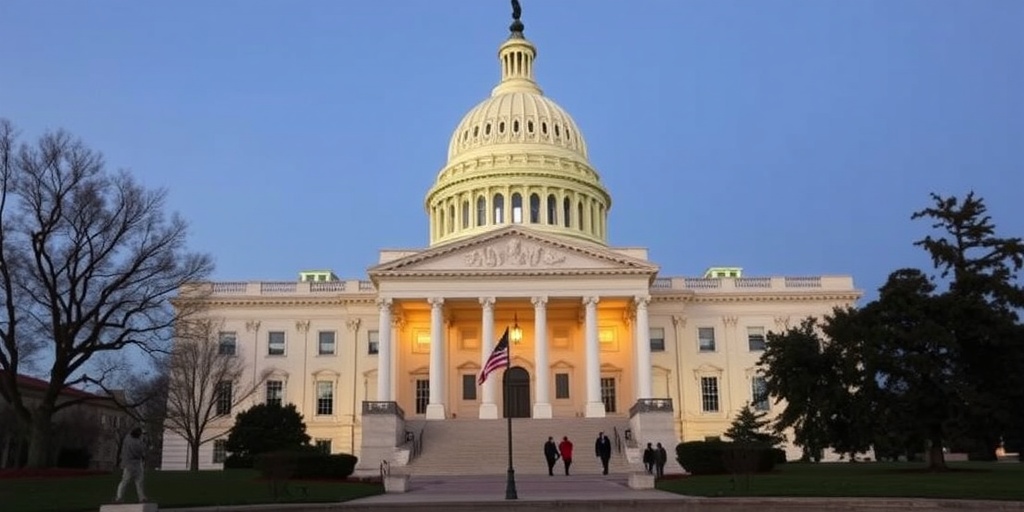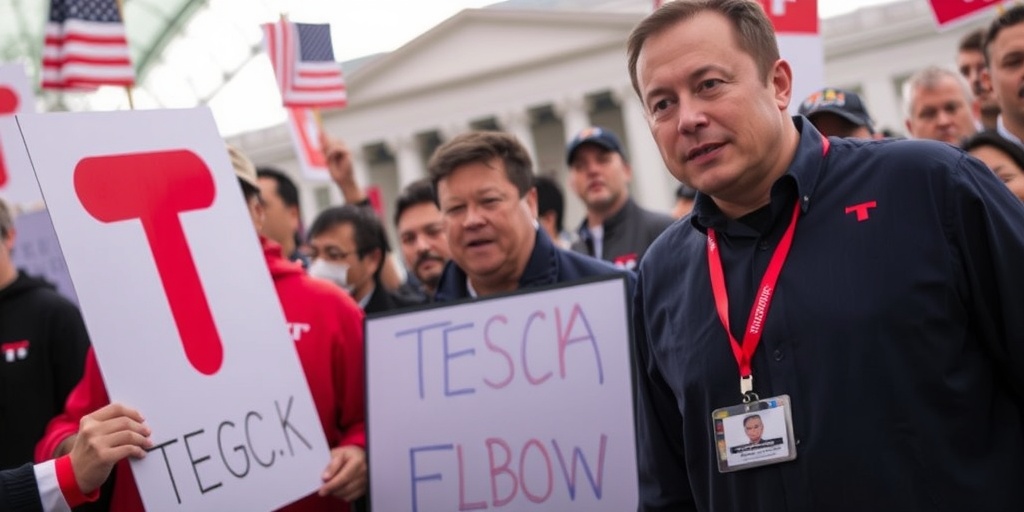Now Reading: Senate Moves Forward with Patel’s Confirmation Vote
-
01
Senate Moves Forward with Patel’s Confirmation Vote
Senate Moves Forward with Patel’s Confirmation Vote

Senate Advances Nomination of Kash Patel as FBI Director Amid Concerns Over Experience and Political Independence
On Thursday, the U.S. Senate voted 51-47 to advance Kash Patel’s nomination as the next director of the Federal Bureau of Investigation (FBI), despite ongoing concerns regarding his lack of experience and strong loyalty to former President Trump. This vote, primarily along party lines, sets the stage for a final decision later in the day, potentially placing Patel, 44, at the helm of one of the nation’s most critical federal law enforcement agencies.
Democratic senators had attempted to slow down Patel’s nomination, voicing worries about his qualifications and commitment to maintaining the bureau’s independence. However, they faced difficulties persuading their Republican colleagues, many of whom were hesitant to provoke the ire of Trump or his influential supporters. The urgency in the Senate comes after accusations from Senate Democrats about Patel allegedly orchestrating forced departures within the FBI prior to his confirmation.
Concerns surrounding Patel also extend to his financial disclosures, although these have not significantly altered the support he receives from Senate Republicans. Senate Majority Leader John Thune of South Dakota commended Patel on the Senate floor, expressing enthusiasm about working together to restore the integrity of the FBI and refocus it on its essential mission. However, not all Republicans share the same sentiment. Senator Susan Collins of Maine announced her opposition to the nomination, citing the need for an apolitical FBI director, pointing out that Patel’s recent years have been marked by politically charged activities.
Critics have expressed apprehension regarding Patel’s explicit intentions to enact a campaign of revenge on Trump’s behalf and to reform the FBI according to his vision. During his confirmation hearing last month, Democratic senators questioned him about inflammatory remarks he previously made regarding the FBI, specifically addressing a controversial "enemies list" that he discussed in his book, "Government Gangsters." Patel has rejected this characterization, deeming it a gross misrepresentation.
Despite controversies surrounding his past statements, Republicans have rallied behind Patel, who reassured them during his testimony that, if confirmed, he would not allow political motivations to dictate his leadership at the FBI. “I have no interest, no desire, and will not go backwards,” he stated, promising that there would be no politicization within the agency and no retaliatory actions against FBI personnel.
Patel’s pending confirmation arrives during a period of significant unease within the FBI, stemming from the Trump administration’s aggressive approach toward the agency. Since Trump’s inauguration, numerous FBI executives have either been ousted or pressured to resign, and employees involved in investigations concerning the January 6 assault on the Capitol have faced scrutiny.
Former officials within the FBI have expressed concern that Patel’s confirmed directorship could exacerbate the ongoing turmoil within the agency. Many fear that personnel could lose their jobs simply for adhering to standard legal practices. Emil Bove, the department’s interim second-in-command, has already locked horns with the FBI’s acting director, accusing them of insubordination for not providing a list of personnel connected to ongoing investigations.
Although Patel implored senators to trust that his leadership would not veer into political territory, recent actions by the Justice Department indicate a starkly different narrative. The DOJ has dismissed many prosecutors who had worked on cases related to Trump or the January 6 riot, raising alarms about the politicization of the agency.
A key indicator of how Patel might lead rests on whether he retains current acting officials such as Robert Kissane and Brian Driscoll, whose futures may signal his commitment to an unbiased and professional FBI. Should Patel opt to dismiss these figures, his actions may reinforce doubts that he is merely a conduit for the White House’s directives.
If confirmed, Patel would become the ninth director of the FBI, managing an agency with roughly 38,000 employees and overseeing an expansive budget exceeding $11.3 billion for fiscal year 2025. The director is responsible for safeguarding the nation against terrorism and countering threats from global adversaries like China, Iran, and Russia.
Despite ultimately showing support for Patel’s nomination, some critics outline his insufficient experience compared to previous directors. Although he has held several roles within national security under the Trump administration, including a senior position at the National Security Council, his rapid transitions among these roles have raised questions about his preparedness to lead a prominent agency like the FBI.
Amid turbulent political tides, Patel’s nomination underscores a fundamental shift regarding perceptions of political neutrality within federal law enforcement. As Patel openly acknowledges his role in Trump’s re-election efforts—a stark contrast to previous directors who sought to maintain a distinctly apolitical profile—questions linger about the impact such changes will have on the FBI’s ethical standing and public trust.
As the Senate prepares for the final vote, the implications of this potential confirmation resonate widely, with many remaining apprehensive about the FBI’s future direction under Patel’s leadership, particularly in an era where political pressures loom large over federal institutions.
Stay Informed With the Latest & Most Important News
Previous Post
Next Post
-
 01New technology breakthrough has everyone talking right now
01New technology breakthrough has everyone talking right now -
 02Unbelievable life hack everyone needs to try today
02Unbelievable life hack everyone needs to try today -
 03Fascinating discovery found buried deep beneath the ocean
03Fascinating discovery found buried deep beneath the ocean -
 04Man invents genius device that solves everyday problems
04Man invents genius device that solves everyday problems -
 05Shocking discovery that changes what we know forever
05Shocking discovery that changes what we know forever -
 06Internet goes wild over celebrity’s unexpected fashion choice
06Internet goes wild over celebrity’s unexpected fashion choice -
 07Rare animal sighting stuns scientists and wildlife lovers
07Rare animal sighting stuns scientists and wildlife lovers



















